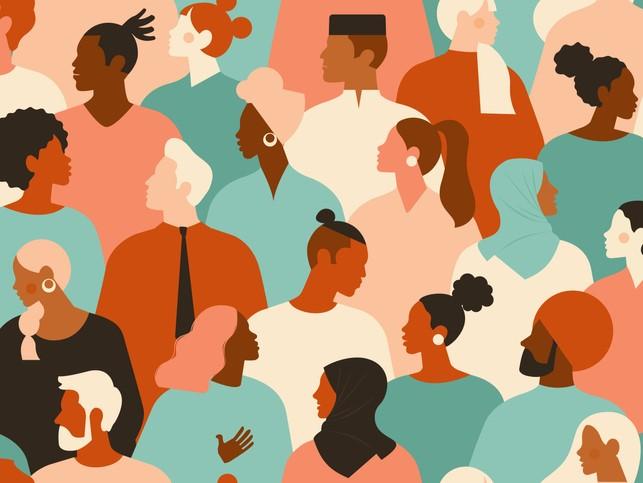
Advice for early career researchers on handling workplace inequality, prejudice and exclusion
Key Details
This video will cover:
00:57 Overcoming fear of speaking up about a workplace issue
01:33 Finding like-minded people with whom to build a support network
02:01 Finding role models and mentors to support your professional development and advise on workplace issues
Transcript
Hi, I’m Sarah Jasim, a research fellow at the LSE, NIHR ARC North Thames and a member of the London Postdocs.
Hi, I’m Shaakir Salam, a research fellow at the Maurice Wohl Institute of Neuroscience at King’s College London and also a member of the London Postdocs.
Together, we’re going to provide some advice on how early career researchers can navigate issues of inequality, prejudice and exclusion in the workplace and handle or confront misconduct without risking their own positions.
This is based on “The Lost Voices”, a national campaign aiming to uncover and address inequalities in the academic sector. During this campaign, we interviewed senior academics about their lived experiences of navigating inequalities in the workplace, and we spoke to institutional leaders in equality, diversity and inclusion. And so our advice today is based on the findings of this campaign.
Be brave and develop your self-belief. If you are facing a workplace issue, you may be worried about speaking up in case it affects your current positions or your future prospects. You are not alone. This is unfortunately not uncommon at the early career stage. The Lost Voices campaign and others have uncovered many difficulties faced by early career researchers.
We realise this is a difficult situation, but if you stay silent then no one will know. To help, many institutions now have confidential reporting systems, but there are also other ways to approach the situation.
Find your tribe and like-minded people to network with to help fight against inequalities together. Your PhD and postdoc network is your greatest asset. If you manage to create this network, it can become a safe space to talk about your issues before you take them higher.
Don’t become isolated by taking on the burden of the issues that you face alone. Build the network that will support you, and create a research culture that nurtures your opinions.
Find role models and mentors to help develop your career and skills within the institution. This does not have to be someone you work directly with. Find a mentor who can help you develop personally and professionally, and who will encourage you to pursue different opportunities. Your mentor may also be a great person to seek confidential advice from when trying to navigate tricky workplace issues.
If you’re facing a workplace issue specifically around inequalities, find the equality, diversity and inclusion teams within your institutions and seek confidential advice from them. They may be able to put you in touch with specific networks or individuals that could offer you support and work with you on how to deal with the issue.
Through The Lost Voices national campaign, we’ve also generated an early career researcher advice toolkit which contains advice for navigating these types of experiences directly from senior academics who have had similar experiences.
Just remember that when faced with issues of inequality and workplace misconduct, your passion and the fire that got you here can help you through. Hold on to it, and use it to drive yourself through any hardships at this often-challenging time in your career.
The Lost Voices project was led by the London Postdocs and supported by NIHR ARC North Thames.
This video was produced by Sarah Jasim of the London School of Economics and Political Science (LSE) and the National Institute of Health Research (NIHR) Applied Research Collaboration (ARC) North Thames; Shaakir Salam of King’s College London; Kailey Nolan of NIHR ARC North Thames; and Morag Lewis of King’s College London.
Additional Links
The Lost Voices early career researchers advice toolkit
The Lost Voices national campaign final report
The Lost Voices final blog post: Entering the Ivory Tower: Perspectives from ‘The Lost Voices’ National Campaign
The Lost Voices diversity in research podcast
The Lost Voices national campaign summary video


